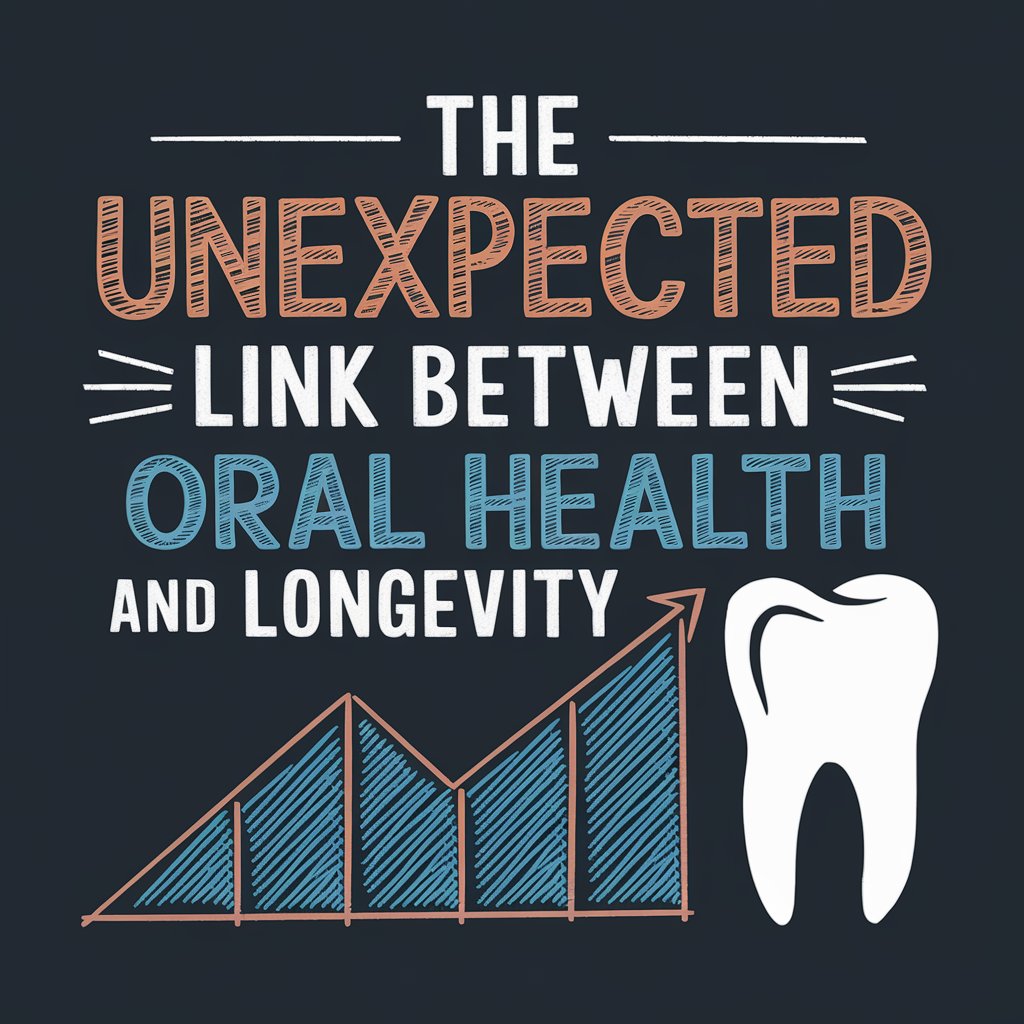
Schizoaffective disorder is a chronic mental health condition that includes symptoms of schizophrenia, such as hallucinations or delusions, along with mood disorder symptoms like depression or mania. It’s a complex condition that affects a person’s thinking, mood, and behavior.
People with this disorder often struggle with maintaining relationships, jobs, and daily responsibilities. However, with the right treatment plan, including therapy, individuals can lead more stable and fulfilling lives.
The Role of Therapy in Treating Schizoaffective Disorder
Therapy for schizoaffective disorder plays a key role in helping people manage symptoms, understand their condition, and improve their overall quality of life. It complements medication and helps patients cope emotionally, mentally, and socially.
There are several types of therapy used to treat this disorder, depending on the individual’s needs. Let’s explore them one by one.
1. Psychotherapy: A Key Tool in Mental Health Treatment
Psychotherapy, also known as talk therapy, involves working with a licensed therapist to understand thoughts, emotions, and behaviors. It helps people identify triggers, manage stress, and improve communication skills.
Benefits of Psychotherapy:
- Helps process emotions tied to delusions or mood swings
- Teaches coping strategies for everyday challenges
- Encourages goal-setting and future planning
- Builds trust and self-awareness
People with schizoaffective disorder often feel misunderstood. Regular sessions with a mental health therapist offer a safe and non-judgmental space to express their feelings and thoughts.
2. Cognitive Behavioral Therapy (CBT)
Cognitive Behavioral Therapy is one of the most effective forms of therapy for managing both the psychotic and mood-related symptoms of schizoaffective disorder. It helps patients identify and change negative thought patterns.
How CBT Helps:
- Reduces delusional thinking
- Teaches how to manage depressive or manic episodes
- Improves problem-solving and decision-making
- Encourages healthier behavior patterns
CBT is especially useful when combined with medication, offering a well-rounded approach to mental health support.
3. Family Therapy: Involving the Support System
Living with schizoaffective disorder can affect not only the individual but also their family. That’s why family therapy is often recommended as part of the treatment plan.
Benefits of Family Therapy:
- Improves communication between family members
- Reduces misunderstandings about the disorder
- Helps build a reliable support system
- Offers tools to manage crises or difficult behaviors
When loved ones understand the condition better, they can provide more helpful and compassionate support.
4. Group Therapy: Healing Through Shared Experiences
Group therapy involves sessions with others who also live with mental health conditions. It creates a community where people feel less alone.
Why Group Therapy Works:
- Offers peer support
- Promotes social skills
- Encourages open discussion of common challenges
- Builds confidence through shared success stories
Talking to others who face similar struggles can be deeply comforting and motivating.
5. Medication Management Support
While therapy is powerful, most people with schizoaffective disorder also need medication to control symptoms. Therapists can work with psychiatrists to monitor side effects and support medication adherence.
- Therapy helps patients:
- Understand why medication is necessary
- Stick to a routine
- Report any side effects
- Learn how to manage expectations
Having a therapist involved in this part of the treatment ensures the person feels heard and involved in their care.
Emotional Support and Stress Management
Therapy also focuses on teaching stress reduction techniques, such as:
- Deep breathing
- Mindfulness and meditation
- Healthy routines (eating, sleeping, exercise)
- Journaling or creative outlets
These tools help patients stay calm and centered, especially during mood swings or episodes of psychosis.
Encouraging Independence and Daily Functioning
Another big benefit of therapy is that it encourages independence. Therapists help patients set small, realistic goals—like getting out of bed on time, maintaining hygiene,Linkhouse or returning to work or school.
Over time, therapy can lead to:
- Better time management
- Stronger decision-making skills
- Financial responsibility
- Improved self-care
These improvements lead to greater self-confidence and life satisfaction.
Building a Long-Term Treatment Plan
Schizoaffective disorder is long-term, but that doesn’t mean a person can’t thrive. Therapy helps build a customized treatment plan that grows with the individual.
This plan might include:
- Weekly therapy sessions
- Monthly psychiatrist check-ins
- Crisis intervention strategies
- Regular lifestyle evaluations
With structure and consistency, people can feel more in control of their lives.
Real-Life Impact of Therapy
Many people with schizoaffective disorder report significant improvements after consistent therapy. Some even return to work, complete education goals, or rebuild relationships.
Here’s what real progress can look like:
- Fewer hospital visits
- Improved emotional regulation
- Stronger communication with family
- Renewed hope for the future
While therapy isn’t a “cure,” it offers the tools needed to manage life with schizoaffective disorder effectively.
Final Thoughts
Living with schizoaffective disorder can be challenging, but therapy makes a real difference. Whether it’s through talk therapy, family sessions, or group support, therapy gives individuals the power to understand their condition, manage symptoms, and regain control.
If you or someone you know is living with this disorder, don’t hesitate to reach out to a mental health professional. Help is available—and with the right support, healing is possible.
Need support? Talk to a licensed mental health therapist or reach out to local services that specialize in treatment for schizoaffective disorder.





